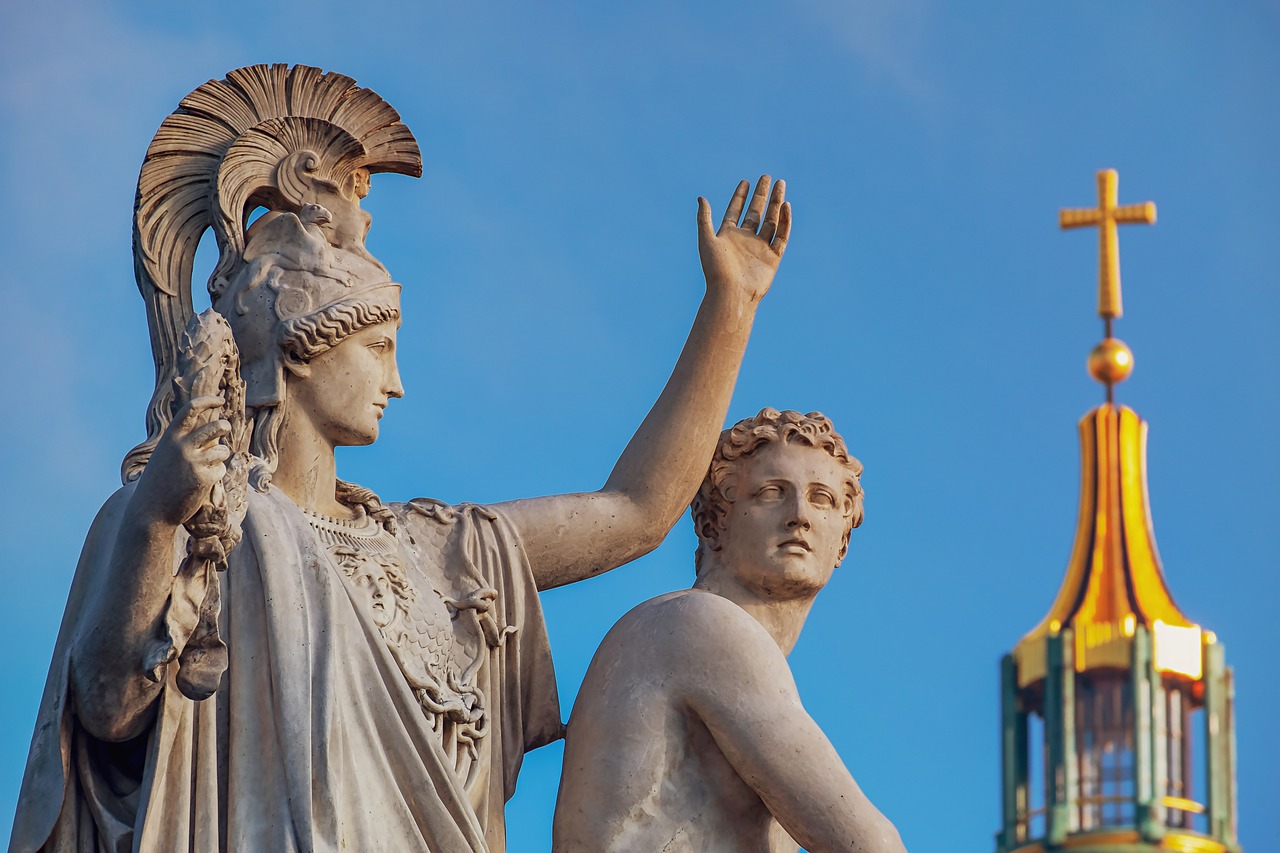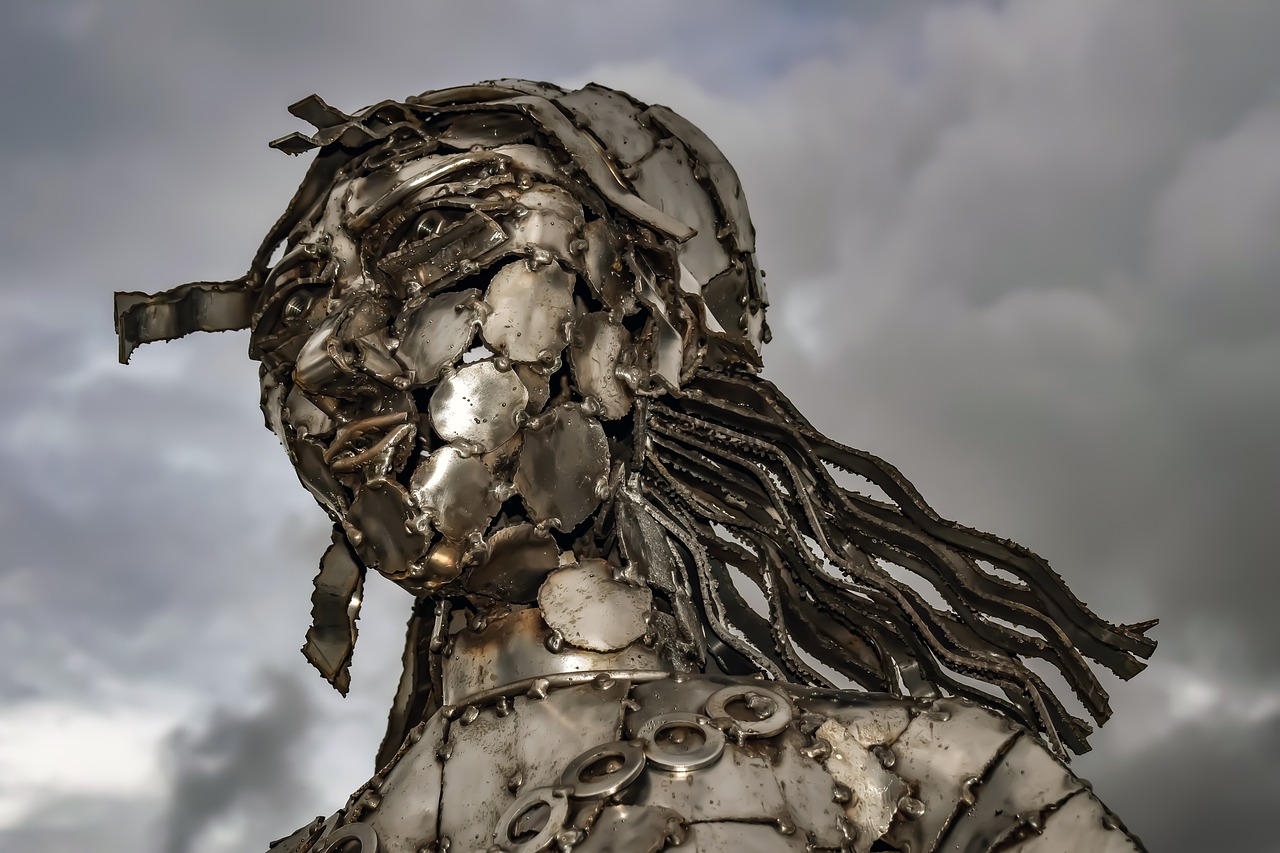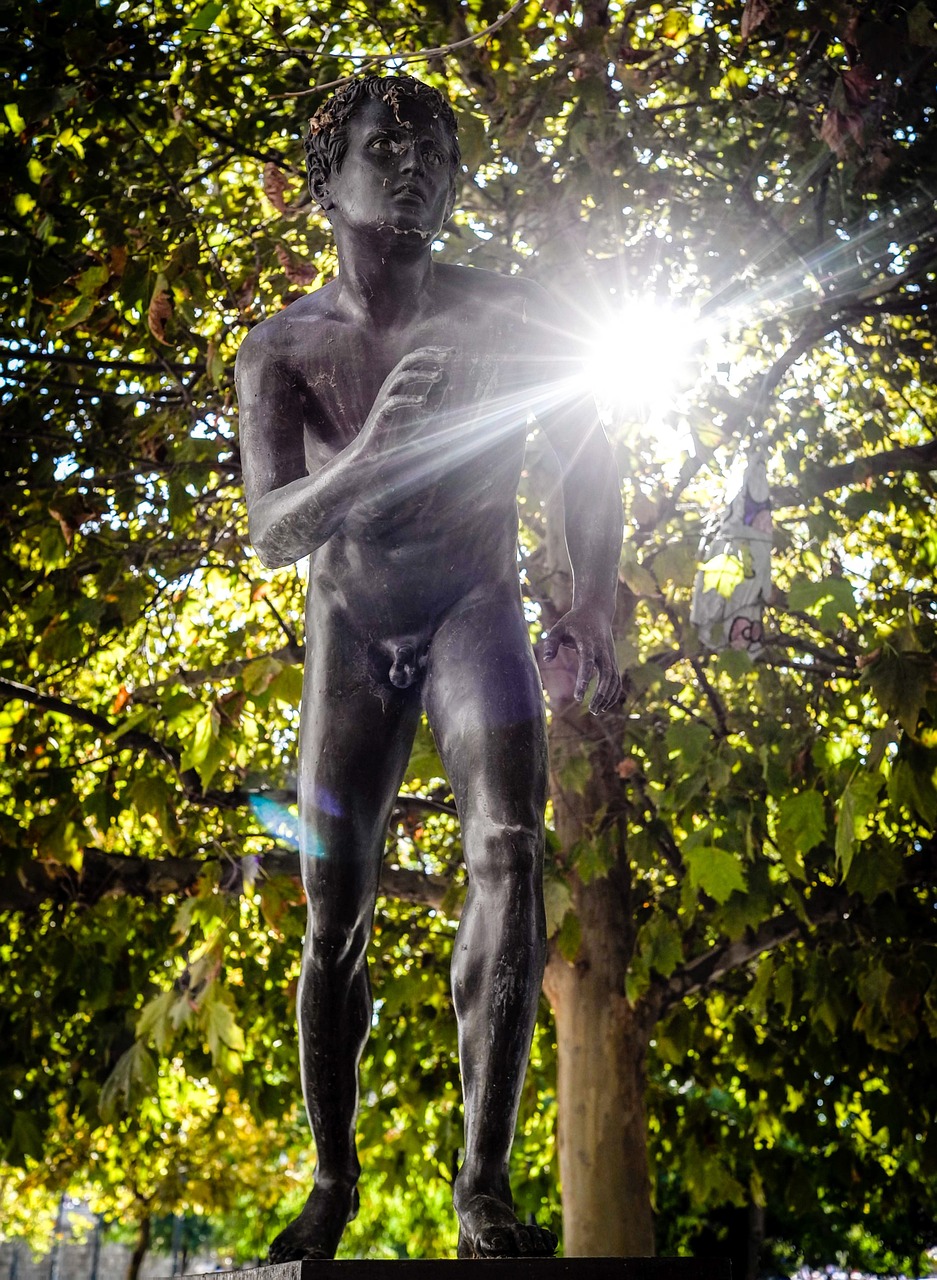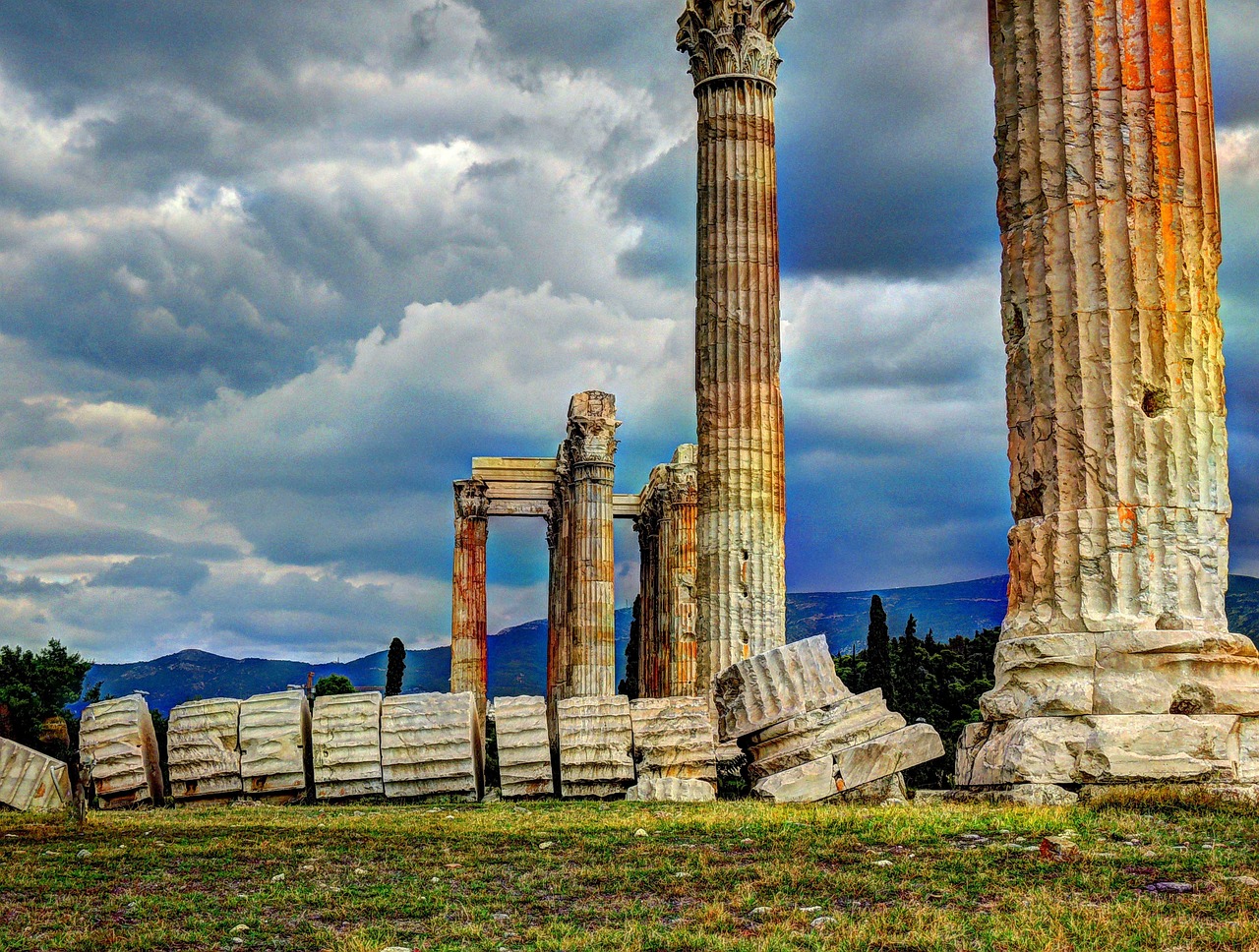Tag: Zeus
-
This gallery showcases a variety of interpretations of Zeus, a prominent figure in Greek mythology, alongside portions of his temple. Regarded as “the father of gods and men,” and “the god of sky and thunder,” Zeus stands out as the most potent deity in the pantheon. This exploration aims to unveil the different artistic representations…
-
Zeus: The Supreme Olympian God Zeus, known as the King of the Gods, presides over the realms of the sky, weather, law and order, and kingship. He is generally portrayed as a dignified and mature figure, distinguished by a robust build and a prominent dark beard. His classic symbols include a formidable lightning bolt, a…
-
Zeus, the revered chief deity of ancient Greek mythology, embodies the sky and weather, mirroring the Roman god Jupiter. His name may derive from Dyaus, a sky god mentioned in the Rigveda of early Hindu texts. Known as the source of thunder, lightning, rain, and winds, Zeus wielded a thunderbolt as his primary weapon, and…
-
Zeus: The Supreme Olympian God Zeus, traditionally known as Jupiter or Jove, holds the prominent title of King of the Gods, governing the sky, weather, order, destiny, and fate. Often represented as a stately man with a robust physique and a dark beard, his iconic symbols include a lightning bolt, a regal scepter, and an…
-
Zeus, the foremost god in ancient Greek mythology, occupied a predominant role as a deity of the sky and weather. His identity closely parallels that of the Roman god Jupiter. The etymology of his name may derive from the ancient Hindu deity Dyaus, known from the sacred texts of the Rigveda. Revered as the orchestrator…
-
The reign of Zeus signifies a pivotal moment in human history where the intellect begins to dominate the life forces. This period also ushers in extended cycles of mental evolution, during which humanity frequently drifts away from the truth of existence. This phenomenon is epitomized by the myths of Prometheus—Punished for his enlightenment—and his sibling…
-
Zeus, the chief deity of ancient Greek religion, is a figure deeply rooted in myth and culture, synonymous with the Roman god Jupiter. His name likely has its origins in the sky god Dyaus, found in ancient texts like the Rigveda. Revered as the overseer of thunder, lightning, rain, and winds, Zeus wielded the thunderbolt…
-
Understanding Zeus: The Reigning Olympian Zeus, known as Jupiter or Jove, occupies the esteemed position as the King of the Gods within Greek mythology. He symbolizes power over the sky, weather, law, destiny, and kingship. He is traditionally portrayed as an imposing, dignified figure adorned with a dark beard. His quintessential symbols include the lightning…
-
The Clash of Gods and Titans In an age devoid of humans, the realm was governed by the Gods and the Titans. The Gods, formidable entities wielding tremendous might, were led by Zeus, while the Titans, ancient giants steeped in power, vied for dominion in a protracted and fierce conflict. Among them were twin Titans…
-
The Legacy of Zeus in Greek Mythology Zeus, the principal figure in ancient Greek mythology, is acknowledged as the supreme god of the pantheon, embodying the forces of the sky and weather, akin to the Roman deity Jupiter. His name possibly derives from Dyaus, the sky god from the ancient Hindu text, the Rigveda. Revered…










